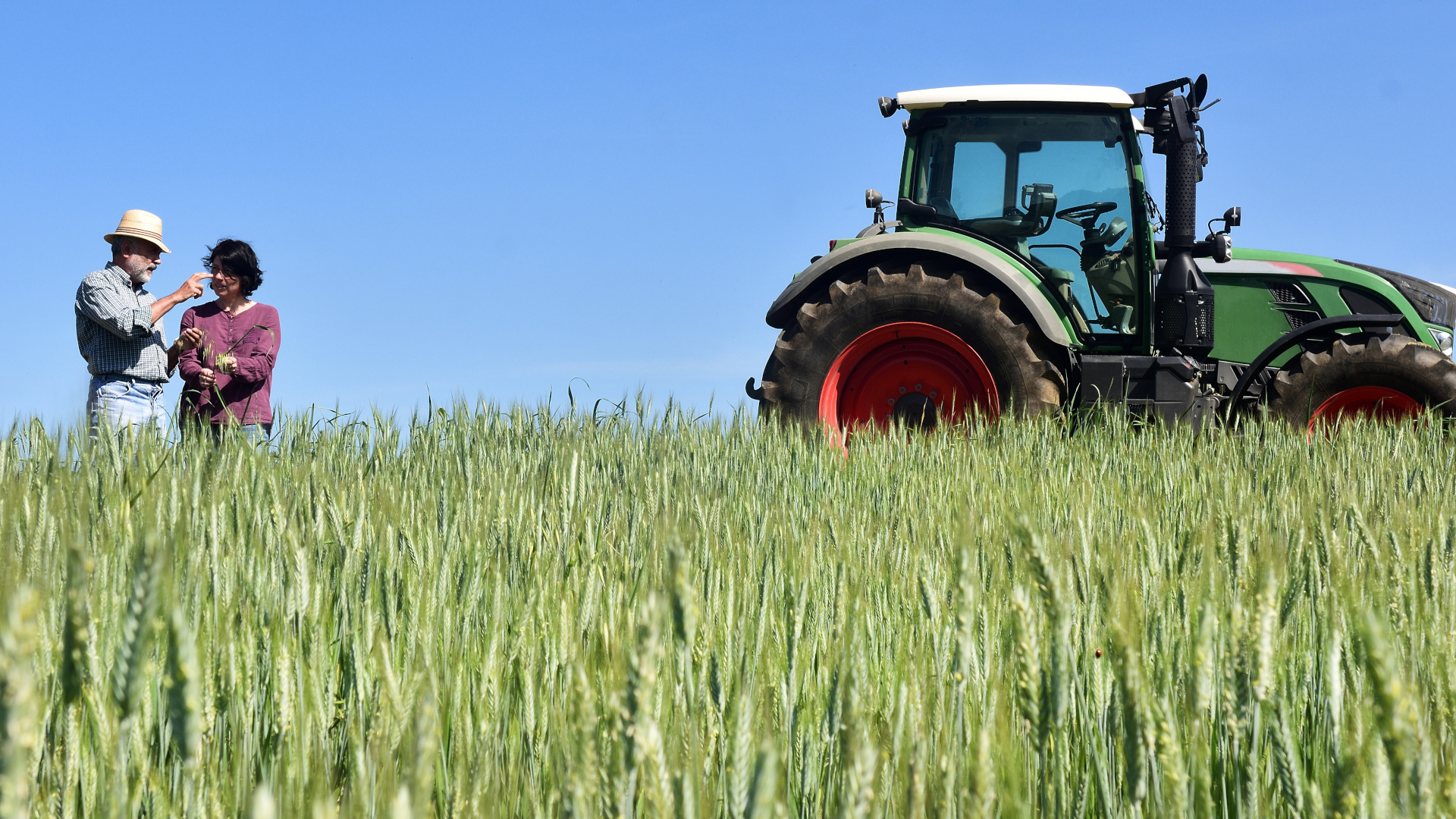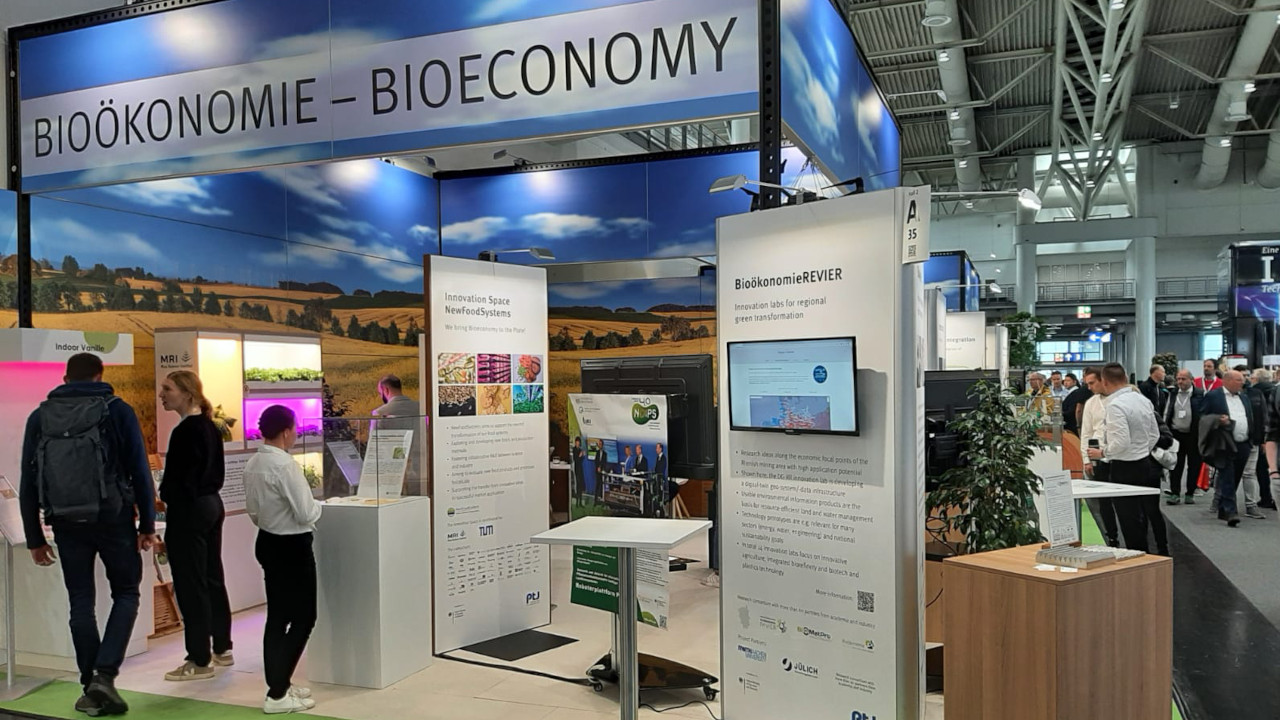Bio-based industries alliance updates strategy
The updated roadmap of the European Bio-based Industries Consortium (BIC) includes new sectors and focuses on multi-value-chain approaches.
The Bio-based Industries Consortium (BIC) is a non-profit organisation based in Brussels. It represents the private sector in a public-private partnership (PPP) with the EU on Bio-based Industries (BBI). €3.7 billion will be injected into the European economy between 2014 and 2024 - €975 million from the European Commission and €2.7 billion from the Bio-based Industries Consortium (BIC) - to develop an emerging bioeconomy sector. BIC is host to a unique mix of sectors that currently covers the areas of agriculture, agro-food, forestry, pulp and paper, chemicals, energy and other manufacturing sectors. With over 200 members from academia and industry, as well as technology platforms and associations spread across Europe, BIC brings together a multitude of cross sector and multi-disciplinary expertise in the field of bio-based industries.
Europe as world leading bioeconomy
This June BIC has announced its new Strategic and Research Agenda - SIRA (PDF-Download). SIRA identifies the activities needed to speed up the development of such sustainable and competitive bio-based industries in Europe and reflects BIC’s ambition to transform Europe into a world leading bioeconomy. The announcement came as somewhat of a surprise, since the European Commission only recently announced they would delay their review of the bioeconomy strategy until the end of 2017.
New feedstocks included
John Bell, Director for Bioeconomy, DG Research & Innovation, European Commission summarises the new plan: “The latest SIRA is designed to attract new industrial sectors and stimulate closer collaboration between different industries. It envisages the creation of novel value chains, making it easier for the Bio-Based Industries Joint Undertaking to fully support the development of a circular bioeconomy, while enabling Europe to achieve its climate goals and the objectives of the Juncker Plan – to boost investment, sustainable growth and job creation.” In fact, the new SIRA especially targets the ‘multi-value-chain’ approach and integrates new feedstocks such as aquatic-based sources, bio-waste and CO2. Furthermore, it also includes the aims of junior BIC members, as well as new technology and market developments since the first Agenda was adopted in 2013. Thus, the updated SIRA identifies the research and innovation actions needed to deliver tangible albeit increasingly ambitious environmental, social and economic benefits by 2020 and 2030.
jmr/pg


